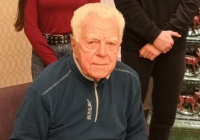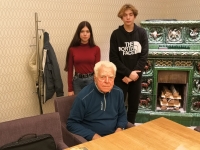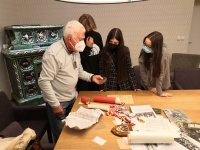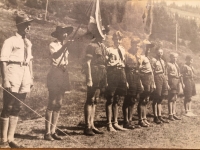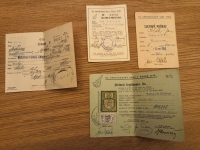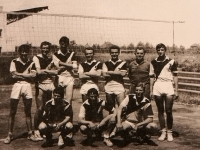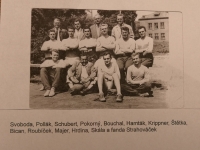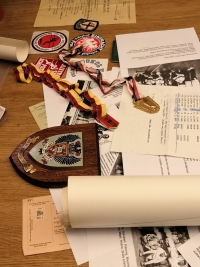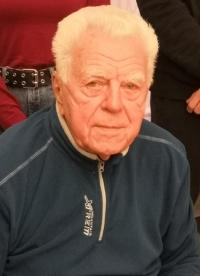Volleyball served as a pass to the West

Download image
Jan Pollák was born on February 14, 1930 in the town of Trhové Sviny near České Budějovice. As a small boy, he joined the Wolves and later Sokol. In May 1938, his father, a factory worker and member of the National Socialists, had to join the mobilization. Jan trained as a toolmaker in 1947. In 1948, he joined TJ Sokol and took part in the All-Sokol Gathering. In August of the same year, he started working at the Avia company in Prague’s Čakovice. After 1950, he started playing in the company volleyball team, thanks to which he looked abroad during the previous regime. He fought his way into the first national league with the team in 1957. After 1960, thanks to his membership in ROH, he looked into the then Soviet Union. In 1989, he travelled to Scotland with the volleyball team. At the time of filming the interview (2021), he lived in Prague.
